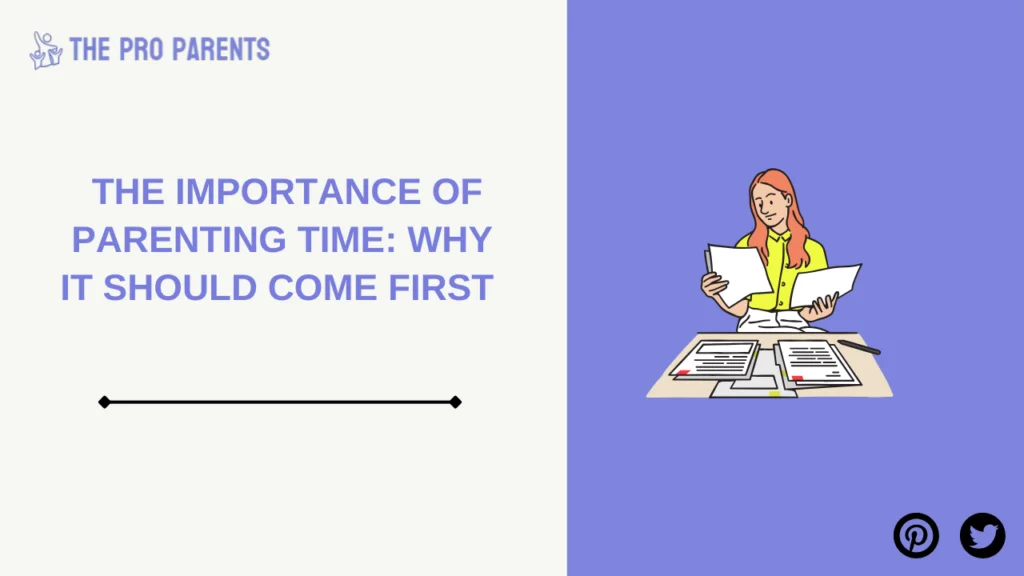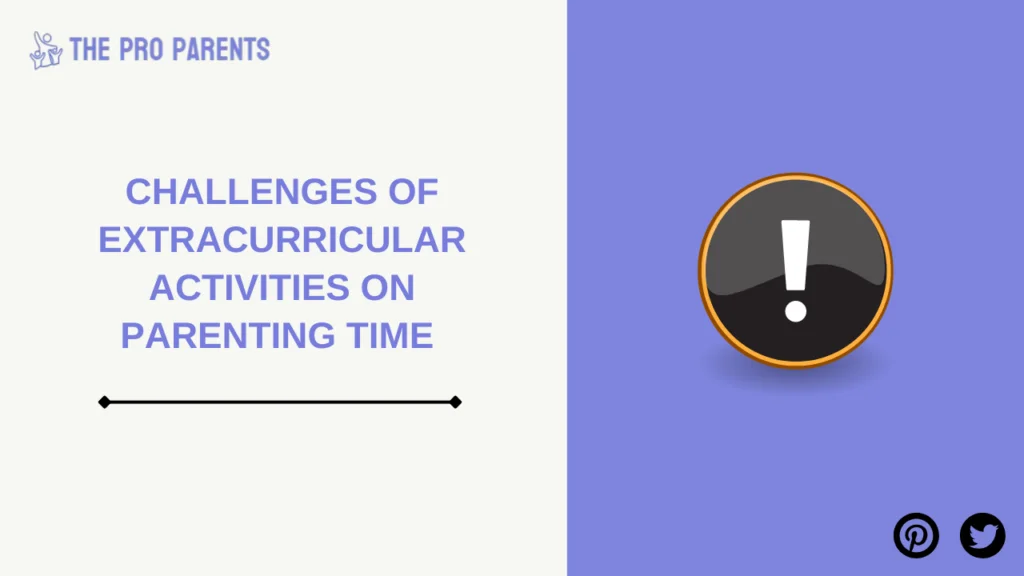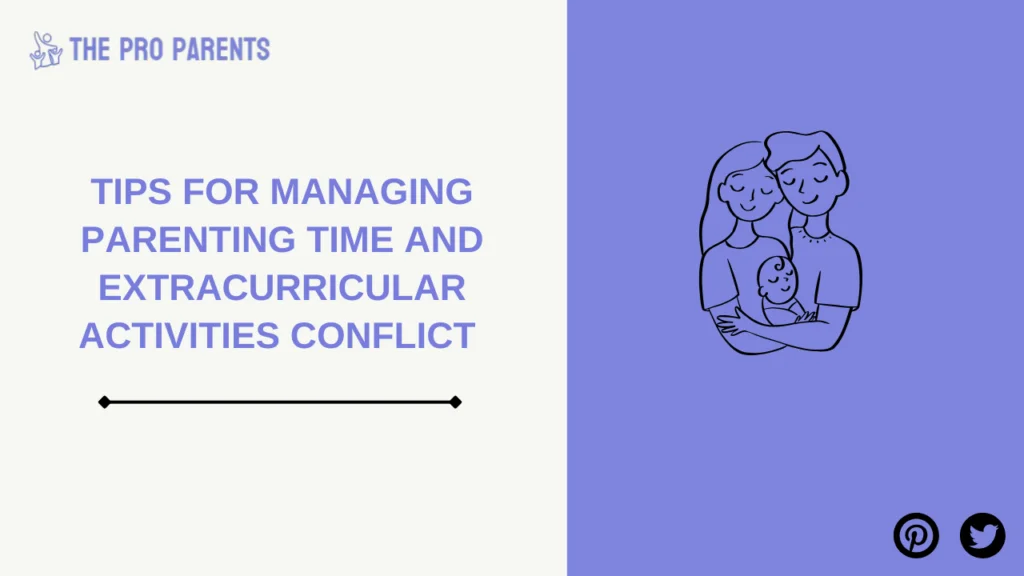Juggling parenting time and your child’s extracurricular schedule can often feel like trying to solve an impossible puzzle. It’s a common struggle for families, where the desire to foster your child’s passions might clash with the need for meaningful quality time. Add in your own work commitments, and the equation becomes even more complicated.
This guide will help you explore practical ways to manage this balancing act. We’ll discuss why both parenting time and extracurricular activities are important, outline the challenges they present, and share actionable tips on how to find harmony in your busy schedule.
The Importance of Parenting Time: Why It Should Come First

Prioritize Connection Over Commitment
Parenting is about being present in ways that encourage emotional and social development. Spending quality time with your child helps them feel supported, secure, and understood. This foundation lays the groundwork for their mental well-being and confidence.
Research Supports Quality Time
Studies consistently show that children who engage in regular, meaningful interactions with their parents develop better communication skills, exhibit stronger emotional intelligence, and perform better academically. When you’re there for your child after school or over weekends, you provide much-needed emotional stability in their fast-paced lives.
Mental Well-Being for Everyone
The benefits of quality time extend to parents as well. Shared moments foster stronger bonds while reducing stress, creating a sense of purpose and joy amid the busyness of daily life.
By thoughtfully prioritizing parenting time, you’re building a nurturing environment that reduces stress and encourages personal growth—for both you and your child.
Challenges of Extracurricular Activities on Parenting Time

Overloaded Schedules
From soccer practice to piano lessons, modern youth calendars are often packed. While these activities nurture skills like discipline and teamwork, they can clash with family routines, leaving little space for meaningful interaction.
Parental Stress and Burnout
Managing pickups, drop-offs, and practice schedules can weigh heavily on parents. Trying to balance these commitments alongside work responsibilities can lead to burnout, making it difficult to stay engaged and present during those rare moments of rest.
A Shift in Priorities
Extracurriculars often unintentionally push family time to the sidelines. When too many hours are devoted to outside activities, it can disrupt family bonding and strain relationships at home.
Tips for Managing Parenting Time and Extracurricular Activities Conflict

1. Establish Clear Priorities
Before committing to any activity, sit down as a family and discuss what matters most. Having a clear understanding of your priorities can prevent scheduling overload and help you say no when needed.
2. Use a Family Calendar
Invest in a shared calendar (physical or digital) where you track school events, extracurriculars, and dedicated family time. This ensures everyone is on the same page. Having clear visibility helps you allocate time more effectively. Tools like Google Calendar or Cozi can make this process seamless.
3. Communicate Openly with Your Children
Talk to your kids about the value of balancing their activities with time at home. Explain why family time matters and involve them in decisions about scheduling conflicts. Open discussions encourage accountability and help them appreciate both priorities.
4. Be Flexible and Willing to Compromise
Not every conflict can be solved perfectly. Be prepared to adjust plans and make compromises when necessary. Maybe it means skipping one soccer practice for a family dinner or rescheduling a meeting to watch your child’s recital. The key is balancing flexibility with structure.
5. Maximize Small Moments
Sometimes, quality parenting time means making the most of small windows—like car rides to practice or the quiet moments before bedtime. Use these short interactions to connect with your child, ask about their day, and reinforce that even amidst busyness, they’re a priority.
The Role of Extracurricular Activities in Child Development

Why Are Extracurriculars Important?
Extracurricular activities build essential life skills such as teamwork, leadership, time management, and self-discipline. These activities also foster new friendships and give children an outlet to discover their passions.
How to Choose the Right Activities
Select activities aligned with your child’s interests and potential. Overscheduling with too many commitments can diminish the joy and development these activities are meant to foster. Instead, focus on quality—a few key passions over a full slate of obligations.
How to Avoid Over-scheduling Your Child

Recognizing Overload
Watch for signs of stress or fatigue in your child, such as irritability or reduced academic performance. These could indicate they’re stretching themselves too thin.
Set Boundaries as a Family
Decide on the number of activities your child can engage in per week. Sticking to this limit ensures they have ample downtime to relax, recharge, and spend time with family.
Value Quality Over Quantity
Remember, more activities don’t always mean better outcomes. A well-chosen activity that aligns with your child’s identity will be far more rewarding than an overwhelming list of unrelated pursuits.
Family Time Is Key to Emotional Connections

Meaningful, Intentional Bonding
Set aside dedicated time in the week for family bonding. This could be a Sunday brunch, a movie night, or even a quick evening walk where everyone is offline and engaged with one another.
Build Traditions
Creating family traditions strengthens relationships and gives everyone something to look forward to. Whether it’s a weekly game night or an annual camping trip, traditions add value to your parenting time.
When to Seek Extra Help
Delegate Where Possible
Ask a partner, family member, or friend to help with transportation or running errands. Sharing the load can free up your time for what truly matters.
Professional Assistance
If stress levels run high, consider working with professional organizers, hiring babysitters, or even engaging school counselors who can offer tailored advice based on your child’s academic and extracurricular schedule.
Finding Your Family Balance
Parenting time and extracurricular activities both play vital roles in your child’s development and happiness. Balancing the two isn’t about choosing one over the other; it’s about being intentional with your time, priorities, and communication.
Remember, there’s no one-size-fits-all solution—what works for one family may not work for another. Adjust your approach based on your unique dynamics, and don’t hesitate to reassess your strategy as circumstances evolve.
Your family’s strength is in its connection, so nurture it in every way you can.



